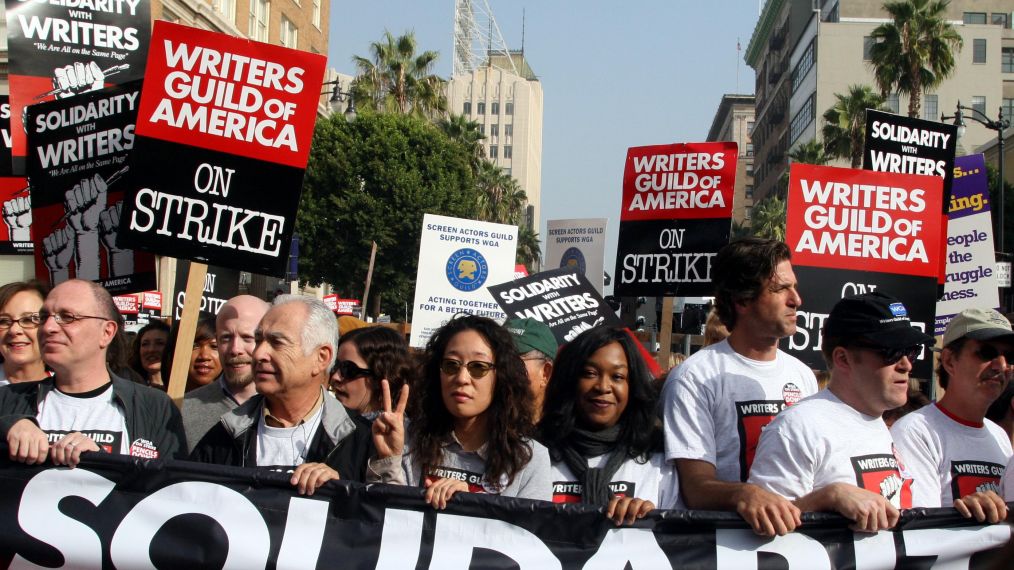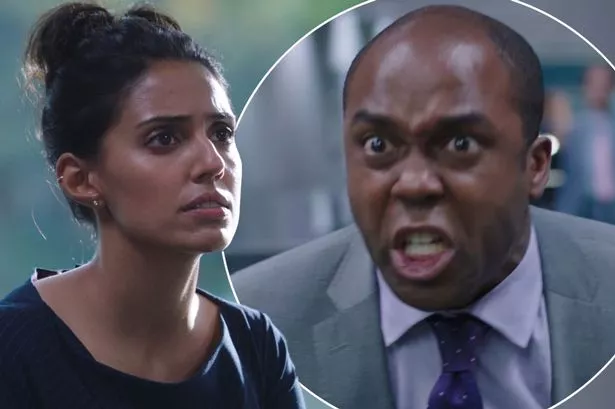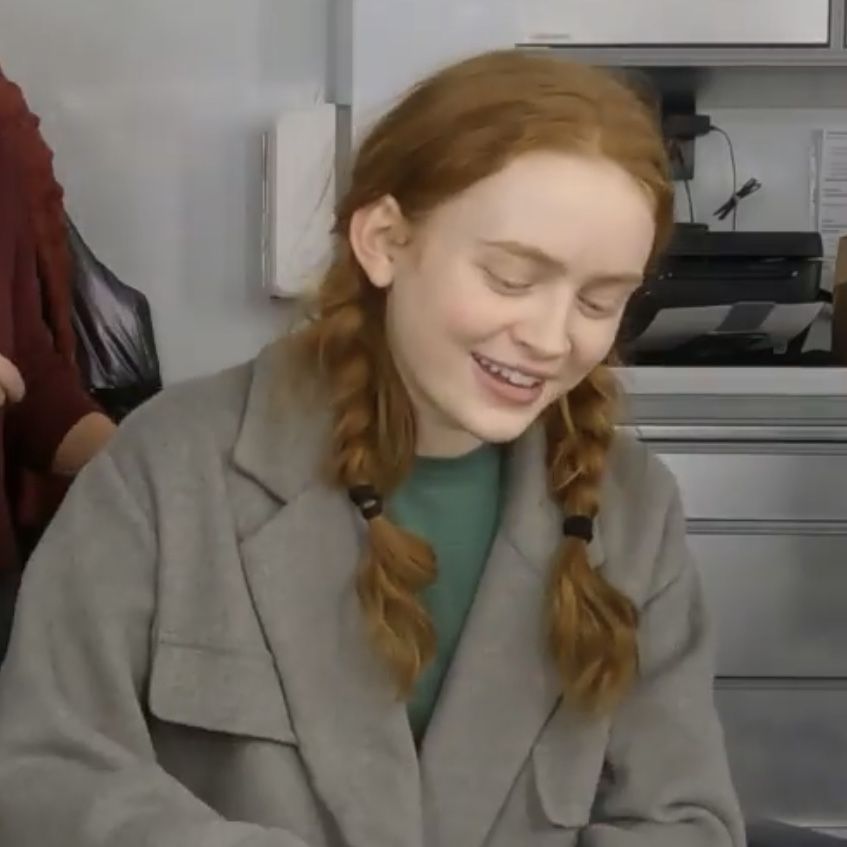Actors And Writers Strike: What It Means For The Entertainment Industry

Table of Contents
The Core Issues Fueling the Strike
The current Actors and Writers strike is fueled by a confluence of long-simmering grievances that have finally reached a boiling point. Two central issues are at the forefront: fair compensation in the streaming era and the fight for greater creative control and improved working conditions.
Fair Compensation in the Streaming Era
The shift from traditional television to streaming platforms has drastically altered the revenue models for actors and writers. The old system of residuals, payments made to actors and writers each time their work aired, has been largely replaced by flat fees, often significantly lower than what they earned under the previous model. This has led to a significant decrease in income for many, especially those working on successful streaming shows.
- Lack of transparency in streaming profits: Studios are often unwilling to share detailed financial data regarding streaming revenue, making it difficult for actors and writers to negotiate fair compensation.
- Demand for increased residuals based on streaming viewership: The unions are pushing for a system that ties compensation more directly to the actual viewership of their work on streaming services.
- Concerns about the devaluation of their work in the streaming model: The abundance of content on streaming platforms has, in some ways, diminished the perceived value of individual works, impacting the compensation received.
- The impact of AI: The increasing use of artificial intelligence in scriptwriting and even performance generation is a major concern, with both writers and actors worried about job displacement and the potential devaluation of their skills. The unions are seeking protections against the unchecked use of AI in the industry.
Creative Control and Working Conditions
Beyond compensation, the strike also highlights concerns about creative control and working conditions. Writers face intense pressure to produce content quickly, often within restrictive "mini-rooms" that limit collaborative creativity. Actors face excessively long working hours and limited input on their roles, particularly in the fast-paced environment of streaming productions.
- Demands for improved working conditions: The unions are fighting for safer and more humane working conditions, including reasonable working hours and better safety protocols.
- Protection against excessive working hours: The current model often leads to burnout and compromises the quality of work.
- Concerns about studio interference in creative decisions: Writers and actors are seeking to protect their creative vision from undue interference from studios focused primarily on profit.
- The impact of "mini-rooms": These smaller, faster-paced writing environments limit collaboration and can stifle creativity, impacting the quality of the final product.
The Impact on the Entertainment Industry
The Actors and Writers strike is having a profound and multifaceted impact on the entertainment industry, extending far beyond the immediate concerns of the unions involved.
Production Delays and Cancellations
The most immediate impact is the widespread halt of film and television production. Major studio projects have been shut down, and countless smaller productions have been indefinitely postponed.
- Halted filming of movies and TV shows: Production has ground to a halt on numerous projects, from blockbuster films to popular television series.
- Postponed release dates: The release dates of many upcoming films and shows have been pushed back, causing ripple effects throughout the industry's release schedule.
- Potential budget overruns due to delays: The longer the strike continues, the higher the potential for cost overruns, adding to the financial strain on studios.
- Impact on smaller productions and independent films: Smaller productions, which often have tighter budgets and less financial resilience, are particularly vulnerable to the effects of the strike.
Economic Ripple Effects
The strike's economic consequences extend far beyond Hollywood studios. Many related industries are feeling the pinch.
- Job losses in related industries (catering, transportation, etc.): Thousands of workers in support industries are experiencing job losses or reduced hours.
- Impact on local economies: The economic impact extends to local businesses that depend on the film and television industry, including hotels, restaurants, and transportation services.
- Loss of tourism revenue: Film tourism, a significant revenue source for many cities and regions, is significantly affected.
- Effect on stock prices of entertainment companies: The strike has already had a measurable impact on the stock prices of major entertainment companies.
The Future of Storytelling
The strike's long-term implications for the future of storytelling are significant. The outcome could reshape the way content is produced, distributed, and consumed.
- Potential changes in production models: The strike may force studios to reconsider their production models, potentially leading to more equitable distribution of profits and better working conditions.
- Potential shift in creative power dynamics: The outcome may shift the balance of creative power, giving writers and actors more control over their work.
- Impact on the diversity and inclusion of stories told: The strike's success could lead to a more inclusive range of voices and stories being represented in the industry.
- Potential changes in writer's rooms and actors' roles: There may be changes to standard production practices and roles within writer's rooms and how actors are involved throughout the production process.
Potential Resolutions and Outcomes
Several scenarios could bring the strike to a close. Negotiations between the unions and the Alliance of Motion Picture and Television Producers (AMPTP) are ongoing, but the path forward remains uncertain.
- Negotiation outcomes: A successful resolution would involve compromise on both sides, addressing the core concerns of the unions while also considering the financial realities of the studios.
- Potential compromises: Possible compromises might include a revised residual system for streaming platforms, improved working conditions, and safeguards against the misuse of AI.
- Scenarios for a long-term strike: A prolonged strike could lead to further economic hardship, potentially causing lasting damage to the entertainment industry.
- Possibility of legal challenges: Legal challenges could arise from either side, further complicating the situation and delaying a resolution.
Conclusion
The Actors and Writers strike is a critical moment in the history of the entertainment industry. The issues at stake—fair compensation, creative control, and the future of storytelling in the streaming age—are far-reaching and demand serious attention. The outcome of this strike will significantly shape the future of film and television production for years to come. Understanding the complexities of the Actors and Writers Strike is crucial for anyone invested in the future of entertainment. Stay informed about the ongoing negotiations and the potential long-term ramifications of this unprecedented labor action. Follow the latest developments in the Actors and Writers Strike to stay ahead of the curve.

Featured Posts
-
 Full Glam Bridesmaid Angers Bride A Wedding Makeup Disaster
Apr 25, 2025
Full Glam Bridesmaid Angers Bride A Wedding Makeup Disaster
Apr 25, 2025 -
 Renewed Effort Taiwan International Solidarity Act Back In Us Congress
Apr 25, 2025
Renewed Effort Taiwan International Solidarity Act Back In Us Congress
Apr 25, 2025 -
 New Crime Drama The Most Stressful Show On Tv
Apr 25, 2025
New Crime Drama The Most Stressful Show On Tv
Apr 25, 2025 -
 Vote Now County Durhams Best Hairdresser 2025 Northern Echo
Apr 25, 2025
Vote Now County Durhams Best Hairdresser 2025 Northern Echo
Apr 25, 2025 -
 Is Sadie Sink The Next Spider Woman New Spider Man 4 Title Fuels Speculation
Apr 25, 2025
Is Sadie Sink The Next Spider Woman New Spider Man 4 Title Fuels Speculation
Apr 25, 2025
